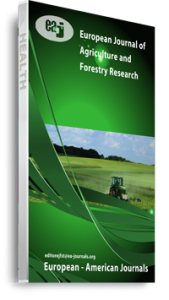Recent years has witnessed numerous Government efforts to boost agricultural production in Nigeria. A key input to achieve this is credit. In the face of formal credit acquisition bottlenecks, there is need to shift attention to non-farm entrepreneurship, as income made in this sector could be invested in agriculture. This study analyzed determinants of decision to non-farm entrepreneurship by women farmers in Ikwuano Local Government Area of Abia State. Multistage random sampling technique was employed in the selection of 120 respondents for the study. Analytical tools utilized, were frequency distribution tables, percentages, means and probit regression model. The probit regression analysis revealed that age, household size, primary occupation, farm income, access to credit, farming experience and membership of cooperative societies were significant determinants of women farmers’ decision to embark on non-farm enterprise at varied signs and levels of significance. The women were constrained from embarking on non-farm business by lack of startup capital (43.33%), inadequate credit access (35.00%), and land procurement barriers (31.67%). In line with findings, it is recommended that individual women farmers should be advised and encouraged to form and or join co-operative societies so as to be better positioned to receive credit and evaluate business improvement and productivity information.
Keywords: Decision, Farm Income, Non-Farm Entrepreneurship

